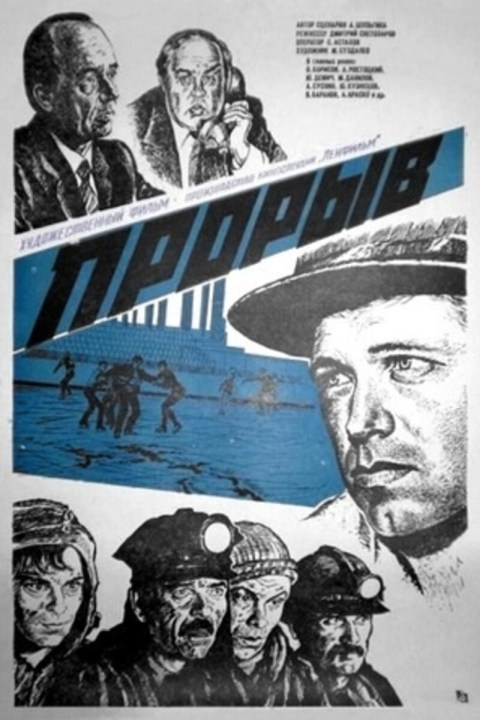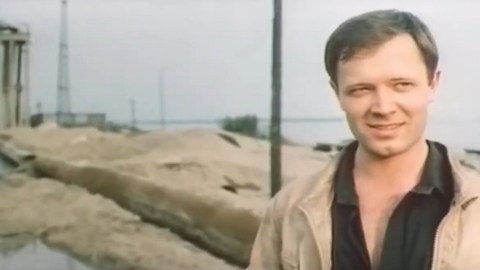17. 4. – 19. 4. 2026
Breakthrough

 Original title: Прорыв
Original title: ПрорывDirector: Dmitrij Svetozarov
Production: 1986, USSR
Length: 99 min.
Screened:
KRRR! 2018: 70mm 2.2:1, Colours partly faded, MG, Spoken language: Russian, Subtitles: Czech, EnglishAnnotation for KRRR! 2018
Mud and a thunderous mass of water gushing from the former bed of the Neva River. In 1974, the quicksand released flooded a kilometer of the Leningrad Metro tunnels and caused extensive damage not only within the city's underground, but also on its surface. This real event later became the inspiration for the creators of the disaster film Collapse. However, the film by director Dmitry Svetozarov does not simply try to depict the rescue heroism of ordinary metro builders. It also represents a balanced combination of spectacular action, documentary feeling and the art of depicting an oppressive claustrophobic atmosphere.
The mistakes made by the designers are saved by ordinary working people – metro builders, people overflowing with courage and enthusiasm. At first glance, it may seem to us that Collapse is a rather schematic film, but the opposite is true. Svetozarov's disaster film is a work that focuses primarily on building viewer tension, through original work with relatively different film means. The narrative deliberately creates a contrast between the documentary nature of Collapse and its completely fictional essence. Such a combination of techniques not only refers to the real core of things, but also justifies it within its own fictional world, in which many events (or even facts - for example, the name of the station "Petrovskaya") are completely fictional.
Collapse is also a film with a well-thought-out gradation of the plot, created through the deliberate repetition of specific motifs. Shots of a chiming clock or huge muddy waves function not only as a disturbing element, but also as a way of smoothly transitioning between the individual actions of the film's main characters. The Leningrad metro disaster is literally a house of cards that gradually collapses under the massive pressure of water. However, the excessive repetitiveness of the above-mentioned motifs acts de facto analogously within the narrative of the entire film and gradually dilutes its structure. The narration in places tears and crumbles, similar to the walls of an unfinished metro station. The oppressive anxiety and hopelessness of the situation are further illustrated by the neurotic music performed by the band "Mašina vremeni" (i.e. "Time Machine"). And it is precisely the pathetic heroism of ordinary workers and the determination of some officials to accept full responsibility for their mistakes that make Zával a magnificent and disturbing work.